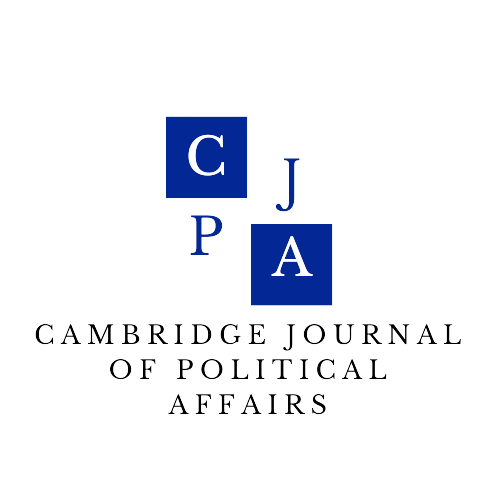An Exploration of the Electoral Systems of Hong Kong: Representation and Governance
ABSTRACT
While there is extensive academic literature on the two most commonly used electoral systems— the single-member district (SMD) and the proportional representation system (PR system)—less research has been done on comparing the binomial electoral system and the PR system. This paper seeks to fill the gap in academic literature by exploring whether the binomial system is inferior to the PR system in terms of representation, and whether the binomial system is prone to producing less political parties in the legislature as compared to the PR system. This research paper will study the natural experiment of Hong Kong, where the list-PR system was abolished by Beijing in 2021 and was replaced with a binomial electoral system. Contrary to the general understanding of the academic literature, the study finds that a binomial system does not produce a less representative electoral outcome, nor does it produce a less fragmented parliament.
